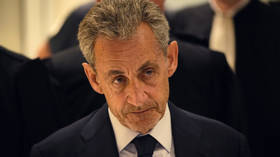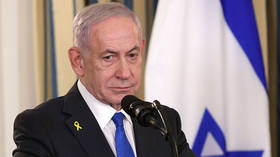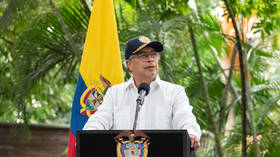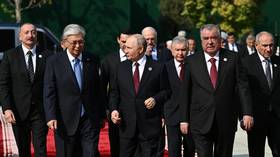US sanctions on Balkan nation’s oil imminent – president
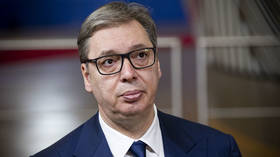
Serbia is unlikely to receive another US waiver from sanctions targeting its oil sector due to its partial Russian ownership, Serbian President Aleksandar Vucic said on Sunday, adding that the nation could soon face a fuel crisis.
Washington has granted Belgrade several temporary exemptions from additional restrictions it imposed in January on the NIS oil company, in which Russia’s Gazprom and Gazprom Neft together hold a majority stake. The most recent waiver, issued on October 1, is valid for just one week.
Vucic said on national television on Sunday he believed that no last-minute reprieve was forthcoming, unless he nationalized NIS – a path he said he was reluctant to take.
“We have been working on it for 10 months, we are trying to find a solution and still there is none,” the Serbian leader said. Should a crisis unfold, he added, the country would face a gasoline price hike, but the situation would not be as dire as in the 1990s, when people had to “pour fuel from bottles or buckets.”
Serbia has resisted Western pressure to fully align its foreign policy with that of the European Union, even as it seeks membership in the bloc. Brussels and Washington have repeatedly nudged Belgrade to sever its energy ties with Moscow, a key historical partner. The Vucic government has also accused Western nations of fueling mass protests in Serbia.
Several EU states, including Hungary and Slovakia, have voiced similar concerns over Brussels’ pressure to reject Russian crude. Tensions escalated earlier this year after Ukrainian forces struck sections of the Druzhba pipeline network that supplies oil to eastern Europe.
In January, Hungary and Serbia announced they would speed up the connection of Serbian consumers to the Druzhba system.






